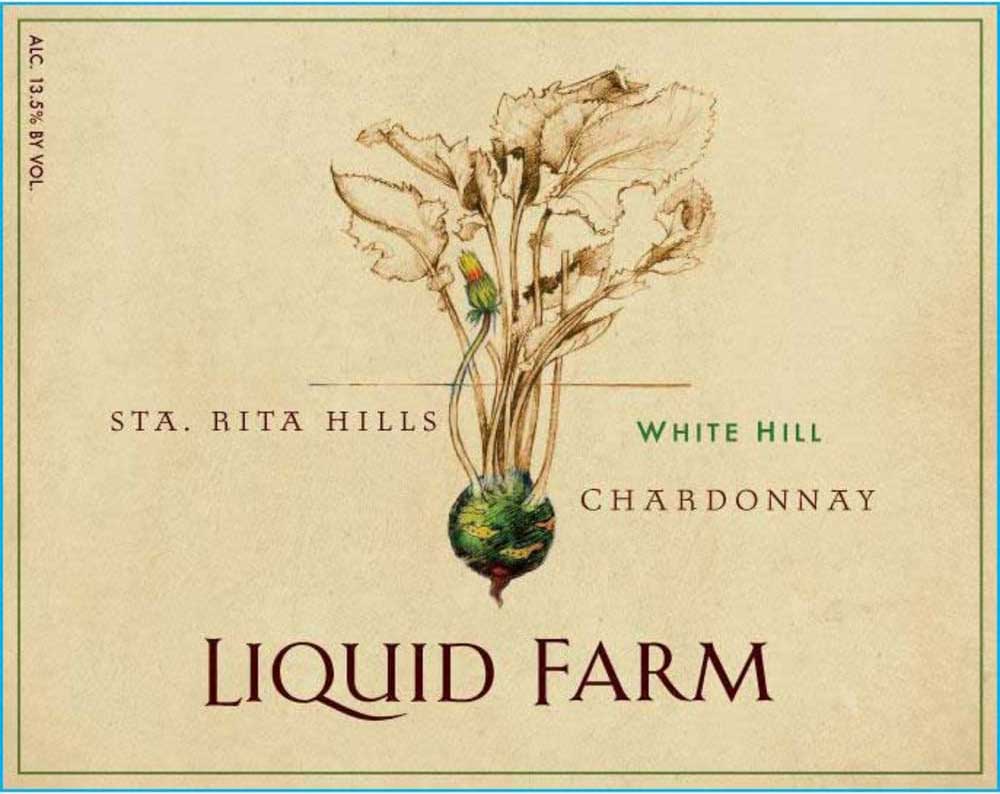In 1980, the U.S. government introduced daily dietary guidelines for adults. However, over the next 28 years, obesity in the United States more than doubled, according to the CDC, rising from 15% of adults to 34%. Childhood obesity increased even more dramatically, from 5% to 17%. By 2008, these figures were alarming, and recent data published in The Lancet reveals an even starker picture: 42% of American adult women and 34% of men are now obese, with nearly 75% of adults classified as overweight. These statistics raise questions about the effectiveness of these dietary guidelines and whether they might be doing more harm than good.
President-elect Donald Trump has nominated Robert F. Kennedy Jr. to lead the Department of Health and Human Services (HHS), a move that could shake up public health policy. Kennedy is a polarizing figure due to his outspoken opposition to vaccines and other controversial stances, such as supporting the legalization of raw milk and opposing water fluoridation. While his ideas provoke debate, few doubt his dedication to health advocacy, even if his methods are unconventional.
Kennedy’s nomination has rattled the processed food industry, which stands to lose if his reforms favor fresh, unprocessed food over highly processed snacks. This has sparked discussions in Washington, not among small organic farmers but within large corporations with vested interests in the current food system.
Interestingly, Kennedy’s views could inadvertently protect the U.S. wine industry from a controversial shift in alcohol guidelines. Alcohol consumption has been a minor focus of the dietary guidelines, but under the Biden administration, a committee known as ICCPUD, tasked primarily with preventing underage drinking, has taken an unexpected lead in determining safe drinking limits. This group, influenced by researchers whose stringent recommendations were even rejected in Canada, has stirred concerns about overly restrictive guidelines that could harm the wine industry. Critics, including bipartisan Congressional members, argue that American experts should lead such decisions, not an anti-alcohol committee with an unclear mandate.
Kennedy himself is a recovering alcoholic and openly discusses his battle with addiction. He attends Alcoholics Anonymous meetings regularly and has expressed a strong personal aversion to substances that numb emotional discomfort. Yet, his perspective on alcohol might paradoxically benefit the wine industry by challenging ICCPUD’s influence and questioning the broader framework of dietary guidelines.
These guidelines, originally intended to promote public health, have been co-opted by industry interests. For instance, they influence federal reimbursement for school lunch programs, often favoring processed foods like Lunchables over healthier, community-driven models. Advocates like Kennedy align more closely with proponents of whole, plant-based foods than with food conglomerates that have long shaped policy.
Whether Kennedy will be confirmed remains uncertain. His support for Trump during the election, where his independent candidacy drew a small but significant share of voters before endorsing Trump, has bolstered his standing. If confirmed, his tenure could mark a dramatic shift in health policy, including the potential dismantling of longstanding but arguably ineffective programs like the dietary guidelines.
In an ironic twist, the Biden administration’s restrictive approach to alcohol guidelines may end up aligning with Kennedy’s broader mission to reform U.S. food and health policy. While neither Trump nor Kennedy advocates alcohol consumption, their actions could inadvertently preserve the wine industry from what many see as an overreach in public health recommendations. In these politically divided times, such unexpected outcomes underscore just how unpredictable policymaking can be.





















































